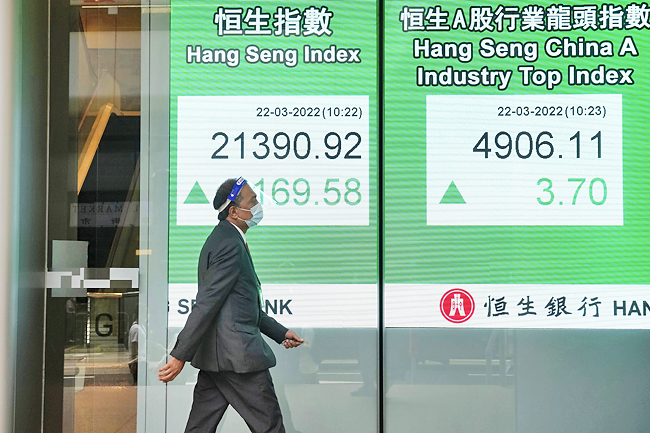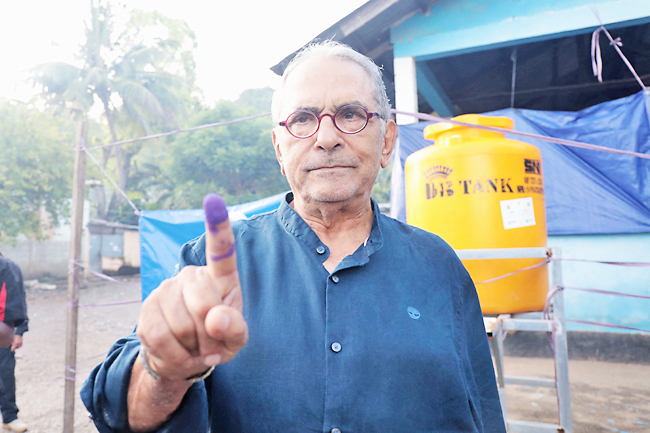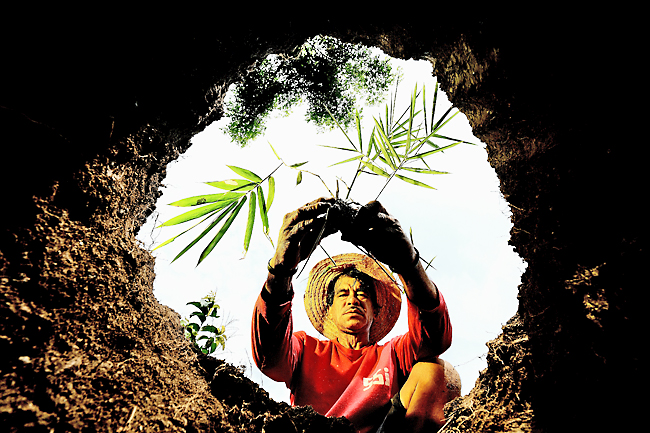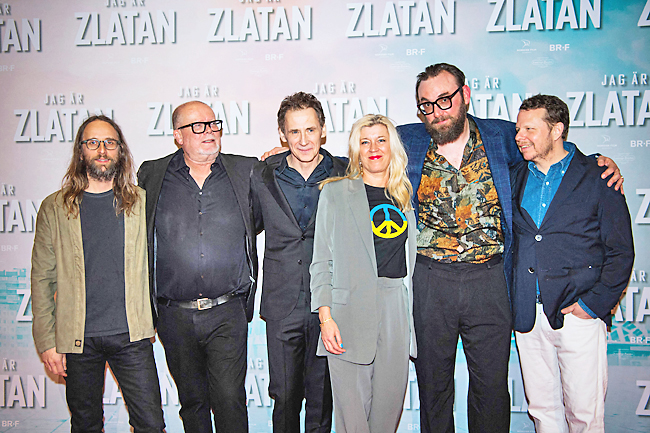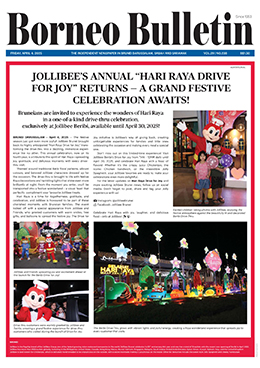Rizal Faisal
Since the March 2020 outset of the COVID-19 pandemic in Brunei Darussalam, the entire learning process has been acutely disrupted, making it necessary for institutions to invest in online learning. It is important for students and lecturers to utilise digital technology to their benefit and advantage.
This was also observed by Pengiran Anak Puteri Rashidah Sa’adatul Bolkiah Institute of Health Sciences (PAPRSB IHS), Universiti Brunei Darussalam (UBD), according to PAPRSB IHS, UBD Programme Leader of Pharmacy Dr Nurolaini binti Kifli.
She said that in pharmacy education, the practical needs of the scientific curriculum – such as clinical internship, industrial internship, lab work and physical research projects – has to be taken into account.
To address this, e-learning strategies covering the practical aspects and simulation of laboratory settings were prepared thoroughly to implement the delivery of practical pharmacy skills.
At UBD, the Pharmacy Programme of the PAPRSB IHS collaborated with the School of Pharmacy from San Pedro College (SPC), Davao City in, the Philippines, to design a virtual dispensing classroom via the Collaborative Online International Learning (COIL) Global Virtual Classroom to foster a digitally and globally ready learning environment.


The programme ran for six weeks from January 24 to February 28. The collaboration was initiated by Dr Nurolaini and Director of Internationalization and Linkages Office from the SPC Professor Erwin Faller. Dr Nurolaini was assisted by her team of lecturers from UBD – Associate Professor Dr Long Ming and Dr Goh Poh Hui.
A total of 38 students participated in the programme, 26 of whom were from partner institutions and 12 from UBD. Students were divided into six groups, with a good mix of international and UBD students. Each group was facilitated by a lecturer who would contribute to one dispensing case.
The platforms used during the programme included Zoom, ImmerseU Class2Class, Padlet and MyDispense Platform. MyDispense is an online pharmacy simulation that allows students to develop and practice their dispensing skills while the Class2Class platform can respond to complicated questions on connecting with people and managing collaborations.
The COIL programme’s objectives were to introduce UBD students to cultural immersion and exchange global perspective on pharmacy education and pharmacy practice using MyDispense. Students were given various dispensing cases such as ‘Responding to Symptoms: Skin’, ‘Medicines Management during Fasting,’ ‘Responding to Symptoms: Paediatric Case’ and ‘Respond to Lactation Enquiry.’
In sharing faculty member experiences, Dr Nurolaini expressed gratitude to be involved in coordination and running of the UBD-SPC COIL programme together with her supportive team members. She also appreciated the efforts made by Professor Faller in coordinating the cases in her feedback.
In a statement, she said, “I am really excited to know that UBD students as well as the pharmacy students from across the Philippines learnt a lot from the case especially on managing medicines counselling during Ramadhan. I do hope such a programme could be extended further to other cohorts.”
Dr Nurolaini was also impressed with the way the UBD students managed the smooth running of the programme and how they had performed. “The students were very creative during the final presentation via the video-making competition.”
Second year UBD pharmacy student Nurizzati binti Sudarmaji expressed excitement and appreciation for being a part of the programme, affording her the unique opportunity to interact with students from many nations and collaborate on activities of common interest in groups, consisting of students from each partner institution.
“Working with students from various cultural and religious backgrounds has allowed us to gain insight into our differences and, as a result, improve our understanding of the existence of diverse societies and ways of life in other countries, and as part of our communication.
This also allowed me to focus not only on verbal communication, but also the use of body language.
“Our major task in this programme encouraged us to apply what we have learnt in class to solve a series of case studies using the simulation software MyDispense, and this tested our ability to think critically and work in a team.”
Meanwhile, Qlaementine Ng, another second year Pharmacy student, said, “I was able to work quite well with my teammates because everyone was friendly and helpful. Throughout the programme, we worked together to tackle different cases in MyDispense, and we were able to share our diverse knowledge and perspectives regarding the cases. I found it quite interesting to see the different ideas from every student on the various cases provided by the lecturers. “One particular case that I enjoyed the most was the case where we had to counsel a diabetic patient on her medications during the fasting month of Ramadhan.
“I enjoyed this case the most because I learnt interesting new facts about the Ramadhan culture.
“One key takeaway from this case is that it is essential to provide necessary dose adjustments to a diabetic patient during Ramadhan to prevent dehydration or hypoglycaemia.”
Fellow classmate Ummul Fathima Shaik Mohamed Sayed said, “Taking part in the COIL programme helped me to apply the knowledge gained during my two years of pharmacy course. I was also able to use the MyDispense tool to polish my dispensing and patient counselling skills. Other than that, I had a great experience sharing my culture and knowledge with SPC students as I could empathise with them in many ways being pharmacy students despite coming from different countries. I would like thank my lecturers and SPC for giving us the opportunity to be a part of such great initiative.”
Meanwhile, Dr Nurolaini said that the UBD-SPC Global Virtual Classroom, based on the COIL methodology, aims to promote global learning, internationalisation and to connect students around the globe.
“This initiative not only generates advanced and diverse learning experiences but enables international linkages that will lead to collaboration on making the world a better place,” she said.



